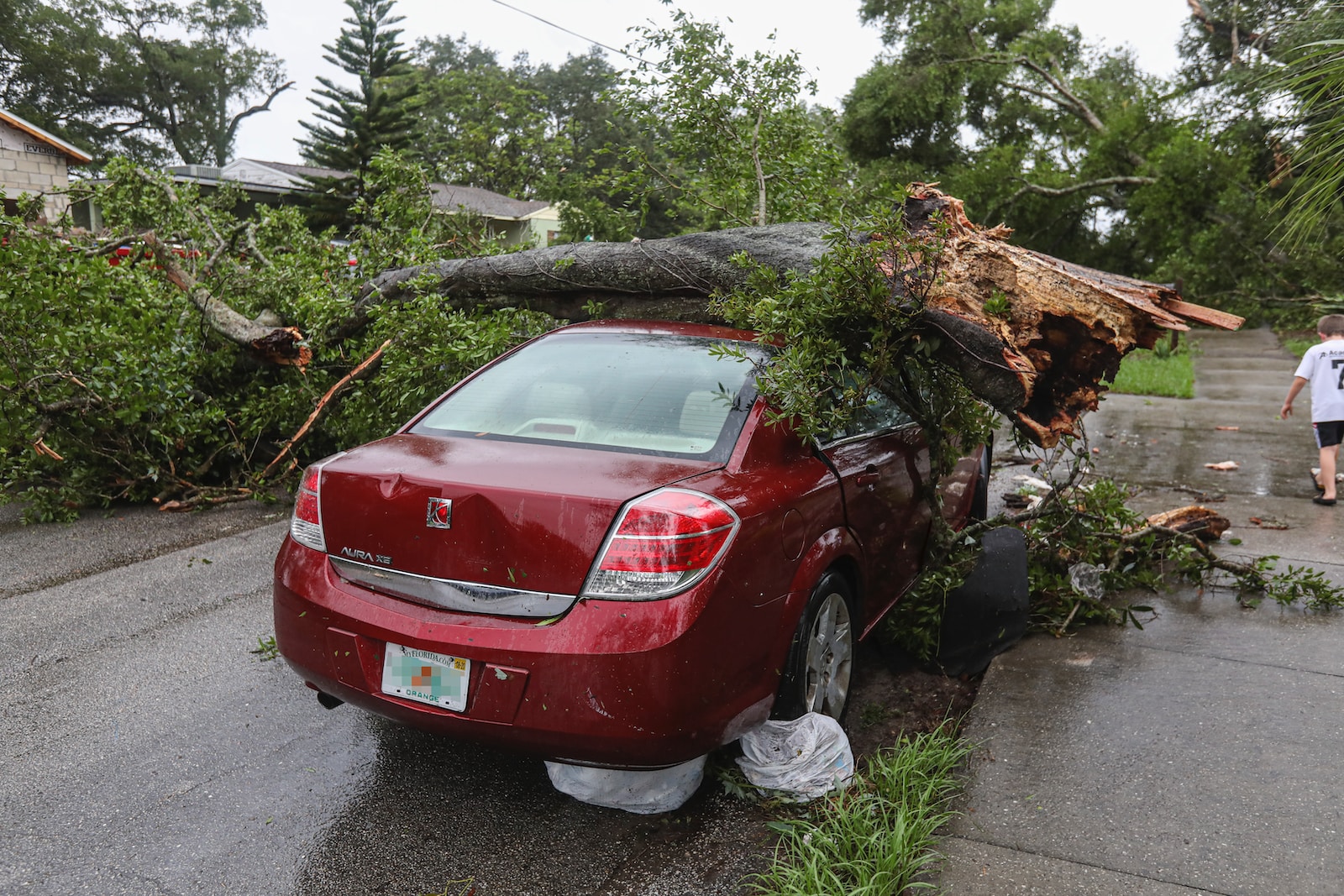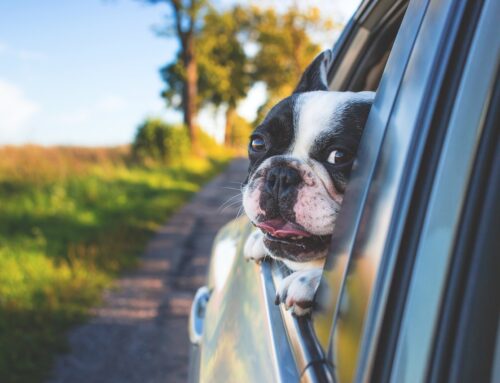Understanding the importance of liability car insurance is crucial for every driver. Liability insurance provides financial protection if you are responsible for causing an accident that results in injuries or property damage to others. Let’s dive deeper into liability car insurance to grasp its significance and how it works.
What is liability car insurance?
Liability car insurance is a type of auto insurance coverage that provides financial protection if you are found legally responsible for causing an accident that results in injuries or property damage to others. It is designed to protect you from the potential financial burden of paying for the medical expenses, lost wages, or property repairs of the other party involved in the accident.
Types of liability car insurance
Liability car insurance typically consists of two main components: bodily injury liability coverage and property damage liability coverage.
Bodily injury liability coverage- Bodily injury coverage is designed to pay for medical expenses, lost wages, and legal costs if you injure someone in a car accident. This coverage provides financial assistance to the injured party, helping them recover from their injuries and move forward.
Property damage liability coverage- Property damage coverage is aimed at covering the costs of repairing or replacing someone else’s property if you are at fault in an accident. This includes vehicles, buildings, fences, and any other damaged property resulting from the accident.
What does liability car insurance cover?
Bodily injury liability (BI) coverage pays for injuries or death for which you, as the policyholder, or other drivers covered by your policy, are held responsible in the event of a motor vehicle accident. The coverage extends up to the limits specified in your policy and typically includes the following:
- Medical expenses: Bodily injury liability coverage helps pay for the medical expenses of individuals injured in the accident, including hospital bills, surgeries, and ongoing treatment.
- Funeral expenses: If the accident results in a fatality, BI coverage can assist with the costs associated with the funeral and burial expenses.
- Loss of income: In cases where the injured party is unable to work due to the accident, BI coverage may compensate for their loss of income during their recovery period.
- Pain and suffering: Bodily injury liability can provide compensation for the physical pain and emotional suffering endured by the injured individuals.
- Legal defense: If a lawsuit arises from the accident, BI coverage can help cover the costs of legal defense, including attorney fees and court expenses.
It’s important to note that bodily injury liability coverage does not cover your own injuries. To get coverage for your personal injuries, additional options like personal injury protection (PIP) or medical payments coverage (MedPay) are available. Policy limits for bodily injury liability are specified per person and per accident, and it is important to select coverage limits that adequately protect your assets and financial well-being.
What does property damage liability insurance cover?
Property damage liability (PD) covers, up to your policy limits, the cost of damages to another person’s property caused by you or other drivers insured under your car insurance policy following a motor vehicle accident. While property damage usually refers to another vehicle, it can also include damage to structures like houses, trees, fences, guardrails, or poles.
In addition to covering the cost of damages, property damage liability offers legal defense if someone files a lawsuit against you for property damage resulting from a car accident. However, it does not cover damages to your own vehicle.
Factors affecting liability car insurance rates
When it comes to determining the cost of your liability car insurance, several factors come into play. Insurance providers consider various aspects that can impact the likelihood of accidents and claims. By understanding these factors, you can gain insights into why your rates may vary from others and make informed decisions to potentially lower your premiums.
Driving record
Your driving record plays a significant role in determining your liability car insurance rates. Traffic violations and accidents can increase your rates, as they indicate a higher risk of future accidents. On the other hand, maintaining a clean driving record can help you qualify for lower premiums. Additionally, completing defensive driving courses can have a positive impact on your rates, as it demonstrates your commitment to safe driving practices.
Vehicle type and usage
The type of vehicle you drive and how you use it can also affect your liability car insurance rates. Generally, more expensive or powerful vehicles may come with higher insurance costs due to their higher repair or replacement costs. Moreover, if you use your vehicle for commercial purposes, such as delivery or ridesharing services, your insurance needs may be different from those of personal use. It’s important to inform your insurance provider about the nature of your vehicle usage to ensure you have appropriate coverage.
Location
Where you live and drive can impact your liability car insurance rates. Urban areas typically have higher rates due to increased traffic congestion and higher accident risks. Conversely, rural areas may have lower rates because of fewer accidents. Moreover, climate and weather-related factors, such as severe winters or hurricane-prone regions, may also influence rates. Understanding how location and geographical factors can affect your rates can help you make informed decisions when selecting coverage.
Coverage limit
The coverage limits you choose for your liability car insurance can affect your rates as well. Coverage limits determine the maximum amount your insurance company will pay in the event of an accident. It’s crucial to select appropriate limits that adequately protect you without burdening you with excessive costs.
Optional Coverages
These optional coverages go beyond the basic liability requirements and can provide additional financial security in certain situations.
Uninsured/underinsured motorist coverage
While liability car insurance covers damages caused by you, it does not protect you if you’re involved in an accident with an uninsured or underinsured driver.
Uninsured/Underinsured Motorist (UM/UIM) coverage fills this gap by providing coverage for medical expenses, lost wages, and other damages if the at-fault driver is unable to cover the costs. This optional coverage can provide peace of mind and financial protection in situations where the responsible party lacks adequate insurance coverage.
Medical payments coverage
Medical payments coverage, also known as MedPay, is an optional coverage that can help pay for medical expenses resulting from an accident, regardless of who is at fault. It covers the medical costs for you and your passengers, including hospital bills, surgeries, and rehabilitation expenses.
MedPay is particularly useful if you have limited health insurance coverage or high deductibles on your primary health insurance. This coverage can provide additional support and help ease the financial burden of medical bills.
In a nutshell
Liability car insurance is an absolute necessity for responsible drivers. It provides financial protection and legal compliance, allowing you to drive with peace of mind. So, make sure you have adequate liability coverage to safeguard yourself and others on the road.
Frequently Asked Questions (FAQs)
What are the minimum liability requirements?
The minimum liability requirements vary by state, so it’s important to check your state laws. Typically, the minimum requirements include a specific dollar amount for bodily injury liability per person, bodily injury liability per accident, and property damage liability.
Can liability car insurance cover damage to my own vehicle?
No, liability car insurance does not cover damages to your own vehicle. It only covers injuries and damages you cause to others. If you want coverage for your own vehicle, you may need to consider additional coverage options like collision or comprehensive insurance.
How does my driving record affect liability car insurance rates?
Your driving record has a significant impact on your liability car insurance rates. Traffic violations, accidents, and other negative incidents can increase your rates as they indicate a higher risk of future accidents. On the other hand, a clean driving record and completing defensive driving courses can help you qualify for lower premiums.


